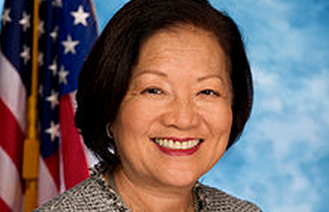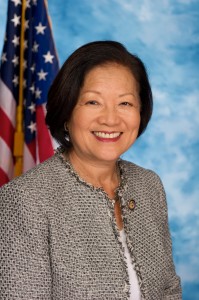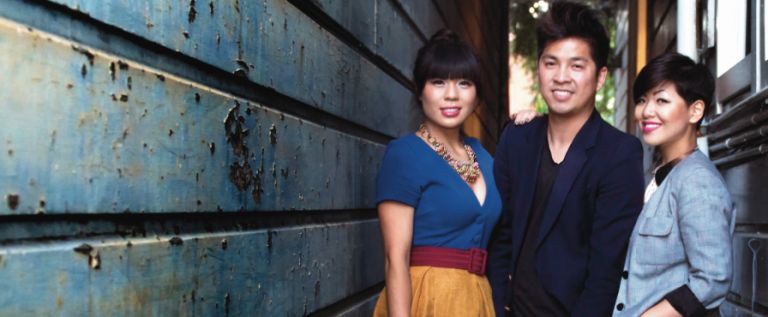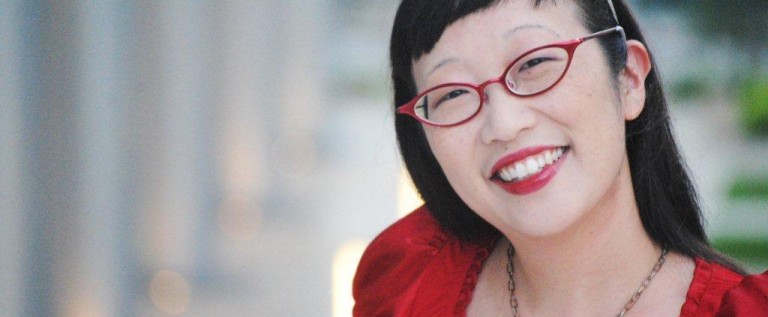Mazie Hirono Becomes the First Asian American Woman in the Senate

 Tuesday’s national election was a glass ceiling-shattering night for women, where five women won first terms in the Senate and increased female representation from 17 to 20. The House of Representatives will also have a record number of women at 78.
Tuesday’s national election was a glass ceiling-shattering night for women, where five women won first terms in the Senate and increased female representation from 17 to 20. The House of Representatives will also have a record number of women at 78.
Although every victory is commendable, we’d particularly like to shine a light on Mazie Hirono of Hawaii, whose historic victory makes her the first Asian American woman in the Senate. She is also the first Buddhist senator and first Asian-born immigrant elected to Congress.
Born in Fukushima, Japan, Hirono immigrated to the US at the age of eight as a result of her mother gathering the courage to leave an abusive relationship with her father. Their first home was a rooming house that cost $35 a month for rent, where Hirono’s mother slept on a futon on the floor due to minimal space. A determined and bright student, Hirono graduated Phi Beta Kappa from the University of Hawaii, received her law degree at Georgetown University, and began her elected political career in 1980 as a State Representative in Hawaii.
Throughout her career in politics, which included two terms as Lieutenant Governor and three terms representing Hawaii’s 2nd congressional district in the US House of Representatives, Hirono advocated for a variety of issues including education, transportation, job creation, and the environment. She boldly helped to pass healthcare reform, protect Native Hawaiian education programs, and helped secure millions in funding for Hawaii’s community colleges to create jobs in emerging fields like clean energy, health care and agriculture. Based on her successes in Congress, it will be exciting to see what she can achieve in the Senate.
While Hiram Fong was a true pioneer as the first Asian American senator in 1959, it took another 50 years before an Asian American female was elected to the Senate. It’s no secret that politics has long been a men’s game, and Congress still remains heavily male. However, Tuesday’s outcome displayed a resounding momentum to the contrary. Not only are more women running for positions in politics (and winning!), but their perspectives and active voices are growing increasingly influential in shaping policies and the future of our country.
Let’s also not forget Patsy Mink, who was the first minority woman elected to Congress and the first Asian American to seek presidential nomination of the Democratic Party in 1972. In addition, she was the famous equal rights author of Title IX, a law that banned gender discrimination in federally-funded education programs. In fact, Hirono credits Mink as one of her greatest inspirations and mentors.
While a supportive community is vital for Asian Americans to gain a voice in politics, it’s not always the reality. Aspiring politicians will inevitably face adversities of some kind in their careers. Hirono’s relationship with Mink epitomizes the importance of mentorship and providing aspiring individuals with the resources and guidance that they need to succeed. For both the Asian American community and also women of all backgrounds, it’s vital that we come together to create necessary resources and uplifting communities so that everyone feels they can reach their full potential.
Congratulations to Mazie. We look forward to seeing what you can accomplish in the Senate, and hope to see more individuals from diverse backgrounds changing the status quo in politics and working hard for what they believe in.





